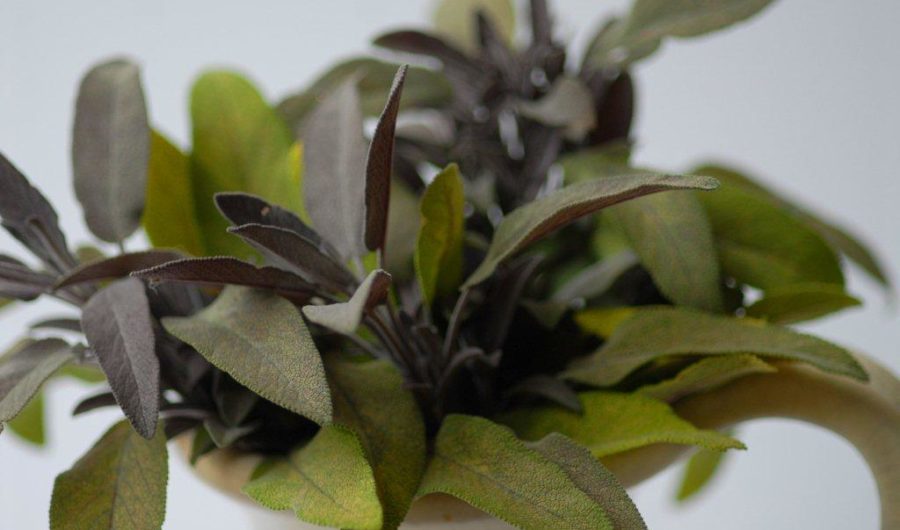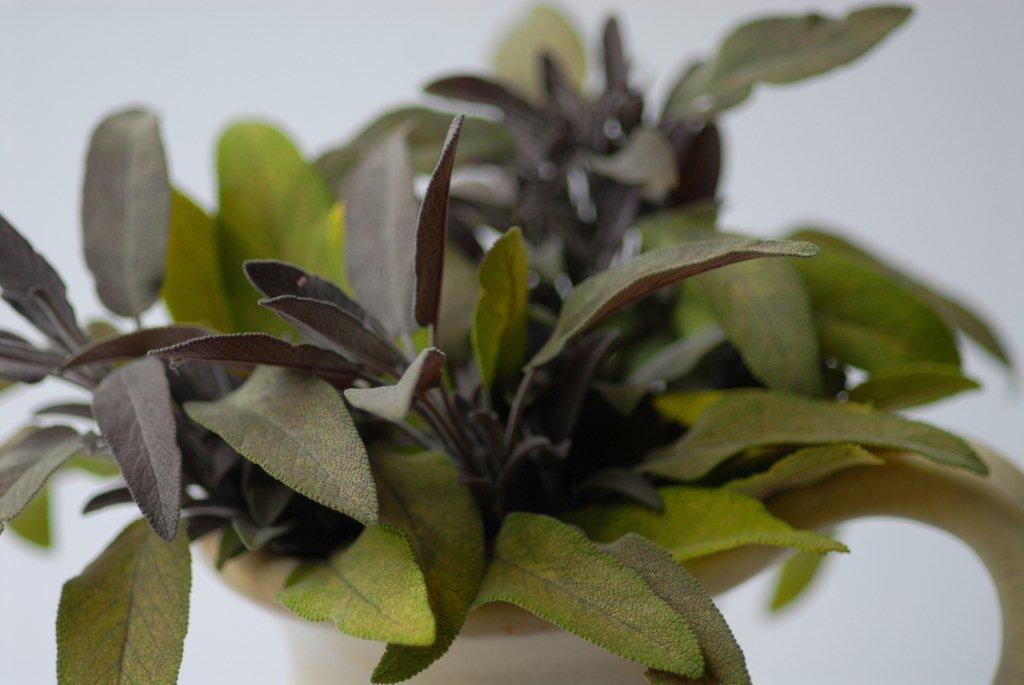Words by Phytotherapist and Personal Trainer, Miss Savvy
Herb’s healing properties have been known for centuries. They take humble suppers to culinary heights and they also hold medicinal properties. As one of the best solutions to soothe aching tummies or settle stomachs, herbs are a no-fuss, easy-to-care-for (water them once a day) way to ease a whole host of ailments – I have my own herbal pharmacy on the balcony, and you could too!
A lot of the common varieties of herbs can be bought in sprigs at the supermarket but I encourage you to have a go at cultivating your own! A useful one stop shop for all herbs under the sun is Herbal Haven (www.herbalhaven.com) here you can play it safe and purchase parsley or branch out with the more unusual lovage or sorrel.
Loosen up with Lemon Balm
As the name indicates Lemon Balm has a soothing effect on the central nervous system due to the volatile oils citral and citronella that have anti-spasmodic properties. Just rubbing the leaves between forefinger and thumb and inhaling the delightful, citrusy aroma can be an instant calmer. Infuse the leaves to make a sublime tea perfect as an evening relaxant to transport you to the secluded garden of your dreams. This tisane can also ease menstrual cramps. To make, simply steep a handful in your teapot for ten minutes this can be drunk hot or cold but use within 24 hours. In addition, rub the leaves on bee and wasp stings or tear into a salad. Trim the plant regularly to keep it bushy and tasty!
Settle with Mint

Menthol, the active ingredient in mint, stimulates the production of bile and relaxes the stomach muscles, both of which are fantastic for the digestive system, making it the perfect after dinner cuppa! Just infuse a bunch of leaves for 10 minutes, strain and enjoy. If you have any left over in the pot pour four cups into a warm bath and submerge your body for a shot of energy and invigoration. I throw leaves from my grapefruit mint with gay abandon into salads. Be warned mint is a rampant one so best grown in a pot and contained. Keep pruning and it will reward you.
Rich in the volatile oil thymol, thyme is a superb antiseptic, since it contains antibacterial and antifungal properties and is therefore perfect for coughs, throat and chest infections. To make a soothing cough mixture simply infuse a few fresh sprigs in a cup of boiled water, strain and sip up to three times a day. Taking this remedy can also help with memory and concentration. Thyme is traditionally used to cleanse and protect homes by burning a few sprigs and wafting the perfumed smoke around each room. It’s also delicious tossed into stews & soups.
So often the wallflower garnish but never the main act parsley is a nutritional powerhouse rich in vitamins A, C and B12, iron and magnesium. It supports the kidneys, liver and digestion and is an extraordinary immune enhancing food. This wonder herb is a Va Va Voom pick me up! So heap onto salads, pile into potatoes and stir through soups, sauces and dressings. Add towards the end of cooking to retain its vitamin content and colour. Make a tasty pesto replacing half the basil with parsley, add garlic and olive oil; this is raw food at it’s finest! For indigestion simply infuse a fistful of leaves for ten minutes and sip up to three times a day. Harvest regularly to encourage growth.
Abundant in plant oestrogens sage can work wonders for menopausal symptoms such as hot flushes and night sweats. Sage tea is simple to make – just pour boiling water over the fresh leaves, steep for 10 minutes and strain. It is a little stringent so sweeten with honey or agave nectar. For a stronger dose you may want to try Vogel’s Menoforce, which contains extract of freshly harvested sage in one easy tablet (www.vogel.co.uk). Sage is also good for aching and bleeding gums, sore throats and mouth inflammations just cool the tea and gargle away four to six times a day. This brew can also be used as a final rinse for a healthy scalp and to restore colour to dark hair. Do not use if you are pregnant or lactating.

















